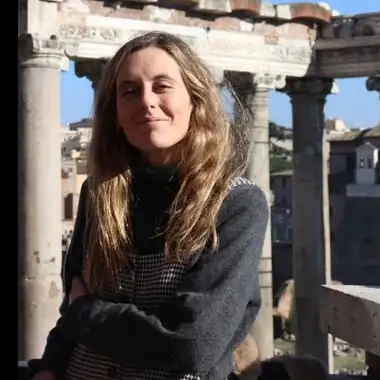
For the first time in 10 years, Pope Francis met Wednesday with His Holiness Aram I, the leader of the Armenian Church of Cilicia with jurisdiction over some 800,000 Armenian Christians in Lebanon, Syria, Cyprus, Iran, and Greece.
The meeting took place behind closed doors in the Holy Father’s personal office and the Vatican has not offered any further details. Pope Francis last met with Aram I at the Vatican in June 2014. On that occasion, the Holy Father thanked him for his commitment to achieving Christian unity and affirmed that the suffering of the Armenian martyrs must be venerated “like the wounds of the very body of Christ.”
The Armenian Church of Cilicia
The Armenian Church of Cilicia is in full communion with the Armenian Apostolic Church, which has over 5 million members worldwide. In addition to its presence in the referenced region, the Armenian Church of Cilicia has two dioceses and 34 parishes in the United States, along with six parishes in Canada.
While in full communion, the Armenian Church of Cilicia is administratively independent of the Apostolic Church in Armenia.
Armenia was the first country to adopt Christianity as its state religion when King Tiridates III was converted to the Christian faith by St. Gregory the Illuminator at the beginning of the fourth century. In 506, an Armenian synod rejected the Christological teachings of the Council of Chalcedon (451), which no Armenian bishop attended.
From that time on, the Armenian Church proclaimed itself autonomous, under the jurisdiction of a patriarch who took the name Catholicós, a title that was originally attributed to the head of a Christian community outside the confines of the Roman Empire.
In December 1996, St. John Paul II and His Holiness the Catholicos of all Armenians Karekin II signed a joint declaration affirming the common origin of the Armenian Church and the Roman Catholic Church.
Who is Aram I?
His Holiness Aram I was born in Beirut, Lebanon, and studied at the Armenian Theological Seminary of Antelias and at the Ecumenical Institute of Bossey (Geneva). He has been a Catholicos of the Armenian Church of Cilicia since 1995.
In addition to specializing in philosophy and history of the Church in the Middle East, he is the founder of the Middle East Council of Churches and also the founder of the theological dialogue between the Byzantine Orthodox and Eastern Orthodox.
This story was first published by ACI Prensa, CNA’s Spanish-language news partner. It has been translated and adapted by CNA.
This article was originally published on Catholic News Agency.

Almudena Martínez-Bordiú is a graduate in Journalism and Advertising from CEU San Pablo University in Madrid, with studies at LUMSA in Rome. Former Vatican correspondent for ACI Prensa and EWTN. Now Europe correspondent based in Madrid, covering major Catholic events and Church affairs.







